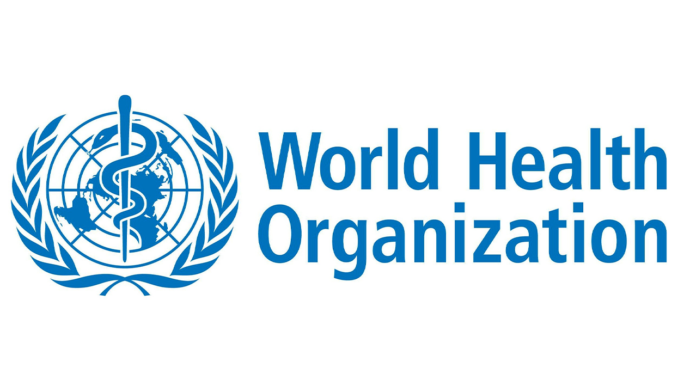The World Health Organisation (WHO) has raised concerns over major disruptions in health services across the world, noting that 70 per cent of its country offices have observed major impacts caused by recent donor funding cuts.
WHO, in a latest report published on its website, attributed the disruptions to the sudden suspension and reduction of Official Development Assistance (ODA) for health.
According to the global health body, these findings are based on a rapid assessment carried out in March and April 2025 across 108 WHO country offices, primarily located in lower-middle-income countries.
It emphasised that the current situation poses serious threats to the functioning of global health systems and demands immediate international attention, according to Premium Times.
Effects on services, populations
The WHO report shows that the suspensions and reductions in ODA are disrupting all critical health system functions.
Health emergency preparedness and response is the most affected area, with 70 per cent of countries reporting problems.
Public health surveillance, service provision, humanitarian aid, and the health and care workforce have also been seriously impacted.
The organisation noted that the cuts are already forcing people to pay more out-of-pocket for healthcare in some countries.
About 24 per cent of the responses indicated that budget constraints are pushing costs directly onto patients, especially the poor and vulnerable, who are at greater risk of being left behind.
The WHO report compares the current disruptions to those experienced during the peak of the COVID-19 pandemic in some regions.
The suspensions and reductions in ODA are disrupting all health system functions, with the most frequently reported impacts being on health emergency preparedness and response (70 per cent), public health surveillance (66 per cent), service provision (58 per cent), humanitarian aid (56 per cent), and the health and care workforce (54 person cent).
Other findings showed that health services are being disrupted across the board in at least one-third of the responding countries, with high levels of disruptions reported in outbreak detection and response, malaria, HIV, tuberculosis, sexually transmitted infections, family planning, and maternal and child health services.
“The pause in ODA has led to job losses for health and care workers in over half of responding countries and significant disruptions to trainings. Information systems are particularly impacted as key health data collection is disrupted.
“Over 40 per cent of countries experienced disruptions to key information systems, including collaborative surveillance and emergency systems, health management information systems, disease-specific reporting systems, lab information systems, and household/population surveys,” the report noted.
Also, a recent UN report warned that recent cuts to global health aid could reverse progress in reducing maternal deaths.
In January, shortly after his inauguration, US President Donald Trump signed an executive order withdrawing the country from the WHO, citing political influence within the agency.
Mr Trump also paused all foreign aid assistance, which has affected most health programmes in developing countries, including Nigeria.
Need for support
At least, 81 of the 108 WHO country offices have expressed the need for support across a broad range of areas.
These include technical assistance, resource mobilisation, and innovative funding mechanisms.
WHO noted that it will continue to monitor the situation closely and work with donor agencies and health partners to design and implement urgent response plans.
WHO warned that unless urgent steps are taken, the ripple effects of the funding crisis could be long-lasting and devastating.
WHO Director-General Tedros Ghebreyesus described the results as alarming and called for an accelerated transition to sustainable domestic funding.
According to Mr Ghebreyesus, these results show the impact of the sudden and unplanned cuts to aid on the health of millions of people.
“Although these cuts are a shock, they are also driving an accelerated transition away from aid dependency to a more sustainable self-reliance, based on domestic resources,” he said.
“Many countries are asking for WHO’s support, and WHO is working with them to identify and tailor the most effective measures.”



